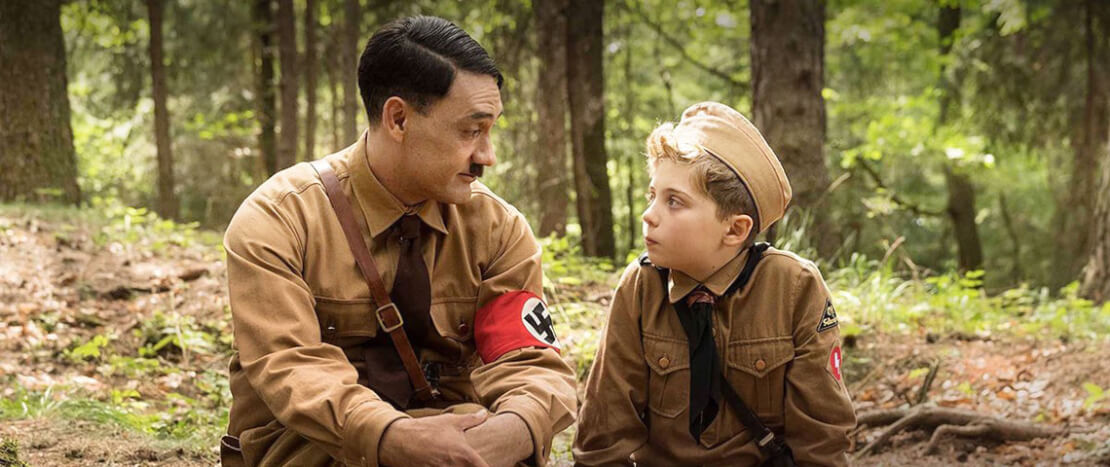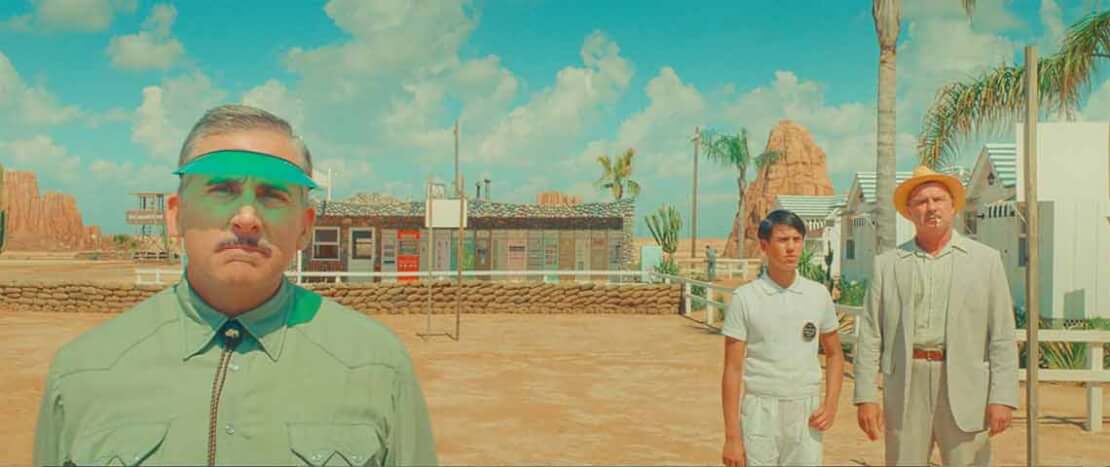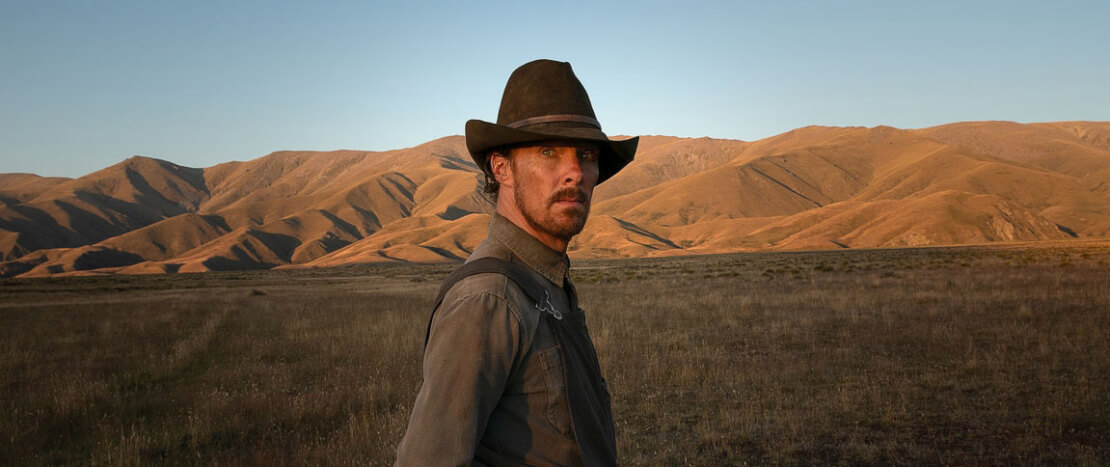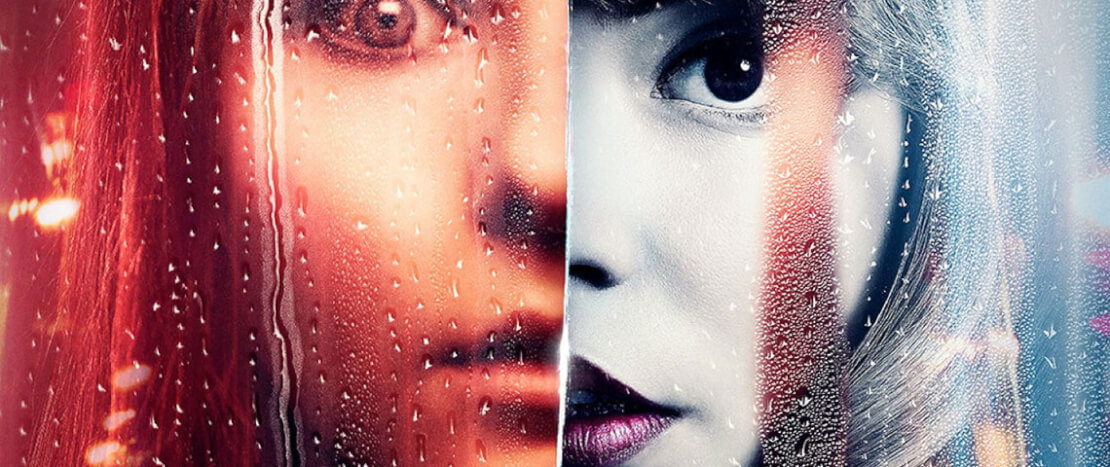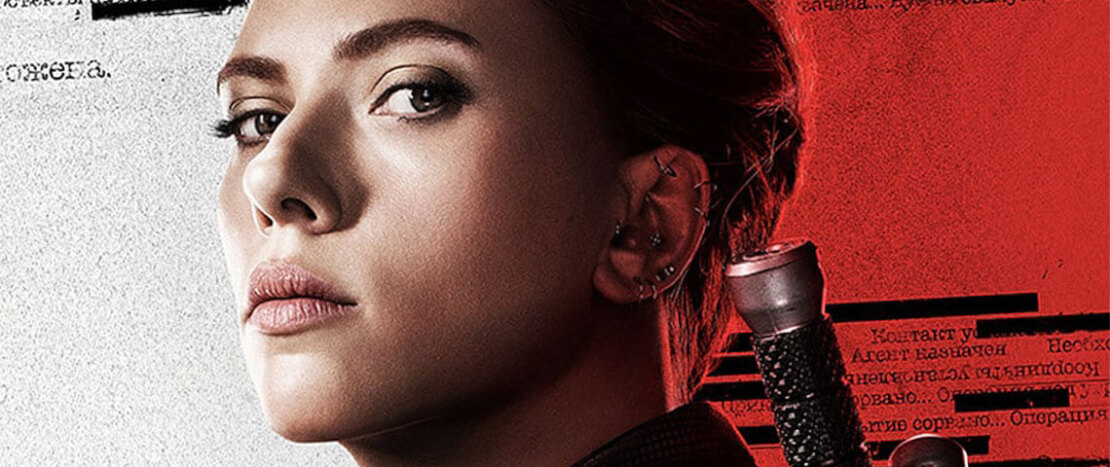Jojo Rabbit
Ten-year-old Johannes “Jojo” Betzler (Roman Griffin Davis) lives in 1940’s Germany with his mother (Scarlett Johansson). Encouraged by his imaginary friend, a comically child-like Adolf Hitler (Taika Waititi), he joins the Hitler Youth. However, when he arrives at his first Nazi summer camp, Jojo discovers that he possibly isn’t the kind of Nazi the fatherland wants him to be…
… Is it dangerous out there? -Yes, Extremely.
In resetting the bar for Marvel with his irreverent ‘Thor: Ragnarok’ Director Taika Waititi has moved on to more challenging fare with ‘Jojo Rabbit’. If scripting and directing a comedy about Nazi Germany as seen through the eyes of an ardent Hitler youth inductee wasn’t enough, Waititi took on the biggest dragon of all by playing Hitler as well. However, this isn’t the first time that the fatherland has been sliced open for comic effect. Roberto Benigni’s ‘Life is Beautiful‘ satirised the holocaust and in doing so has opened the door that ‘Jojo Rabbit’ has stepped through. Where the difference lies is in the handling of tragedy and subtext.
Starting with an almost ‘Moon-Reich Kingdom’ homage to Wes Anderson and its similarly hysterical address from Sam Rockwell’s camp commandant, ‘Jojo Rabbit is not slow to bring in the serious stuff. Lighter on slapstick than Benigni’s Oscar winner, tragedy quickly becomes the sobering punchline to every subsequent scene. As the constricting lies and prejudices that Jojo has been fed start to unravel in the young boy’s mind, tragic real-world consequences are never far behind.
Whilst its first act is discernibly funnier, it’s only when ‘Jojo Rabbit’s’ characters start to separate from their shadows, that their real dramatic function falls into place. Shorn of his Bristol inflection, Stephen Merchant becomes genuinely terrifying as Deertz from the SS, and Sam Rockwell’s vain Captain Klenzendorf partially redeems himself in one of several genuinely tear-inducing moments. However, the really big of box tissues is saved for the end, which for all its contrivance speaks directly to the audience, should the subtlety of Waititi’s second act have escaped them.
“Is it dangerous out there? -Yes, Extremely.”
Whether tackling atrocity or religious persecution (Monty Python’s ‘The Life of Brian‘), comedy is often a sharper blade when it comes to whittling down rhetorical ambition. In this regard and having taken a massive risk both its tone and subject, ‘Jojo Rabbit’ becomes another rich addition to this canon with a war dividend that pays out massively.
-See it.

